Athletic Heart Syndrome Symptoms
Athletic heart syndrome symptoms. Together these changes produced by exercise are called athletic heart syndrome. Athletic heart syndrome also known as exercise-induced cardiomegaly is a condition frequently seen in sport medicine that is characterized by bradycardia slow heart rate and enlargement of the heart. In the case of.
Heart rate can be as low as 30 beats per minute on Holter monitoring or it can go even less than 30 beats during sleep 1. Because more significant changes in chamber size or wall thickness can be associated with heart muscle disease we see a lot of athletes in our clinic who have symptoms that might relate to the heart such as chest pain or whose hearts have measurements in the gray zone between normal and abnormal. The changes in the electrical conduction system of the heart may be pronounced and diagnostic but should not cause problems.
7 rows Common symptom. A person with athletic heart syndrome may also have a markedly slow resting heart rate in the range of 35 to 50 beats a minute. Because of the hearts increased size diameter and the strength with which it expulses blood one of the most common signs of athletic heart syndrome is sinus bradycardia 1.
Risks of Athletic Heart Syndrome. A change in the electrical conduction system of the heart can be a symptom of athletic heart syndrome which can be easily diagnosed with the help of an electrocardiogram and X-ray. Apart from this slower and strong pulse cardiac arrhythmia and heart murmurs are some other symptoms of athlete heart.
Heart disease isnt common in athletes but if someone has concerning symptoms such as fainting excessive shortness of breath chest pain or an unexplained decline in performance those should be checked out. The presence of cardiovascular symptoms eg chest pain dyspnea palpitations or 3rd degree AV block should prompt a search for an underlying cardiac disorder. These may include fatigue dizziness or weakness.
1 a athletic heart syndrome patient reports severe pain 11. Causes and symptoms Athletic heart syndrome is the consequence of a normal adaptation by the heart to increased physical activity. Its simply the hearts way of adapting to the stress of exercise.
In addition electrical impulses can take strange routes across the heart causing abnormal readings on an electrocardiogram ECG or EKG. If you have symptomsincluding chest pain shortness of breath or a sudden and unexplained drop in your athletic abilitysee a doctor.
The changes in the electrical conduction system of the heart may be pronounced and diagnostic but should not cause problems.
However some of the changes the heart undergoes may resemble changes to the heart that happen in people who have uncontrolled high blood pressure or other forms of heart disease. The changes in the electrical conduction system of the heart may be pronounced and diagnostic but should not cause problems. We were not until each of us experienced one of the two most common serious fitness-related cardiac arrhythmias. Structural and ECG changes due to athletes heart are asymptomatic. The presence of cardiovascular symptoms eg chest pain dyspnea palpitations or 3rd degree AV block should prompt a search for an underlying cardiac disorder. An athletes resting heart rate is usually only considered too low when they have other symptoms. Its simply the hearts way of adapting to the stress of exercise. Risks of Athletic Heart Syndrome. Because more significant changes in chamber size or wall thickness can be associated with heart muscle disease we see a lot of athletes in our clinic who have symptoms that might relate to the heart such as chest pain or whose hearts have measurements in the gray zone between normal and abnormal.
A person with athletic heart syndrome may also have a markedly slow resting heart rate in the range of 35 to 50 beats a minute. We were not until each of us experienced one of the two most common serious fitness-related cardiac arrhythmias. Because of the hearts increased size diameter and the strength with which it expulses blood one of the most common signs of athletic heart syndrome is sinus bradycardia 1. An athletes resting heart rate is usually only considered too low when they have other symptoms. Sinus arrhythmias are the second important. In the case of. Because more significant changes in chamber size or wall thickness can be associated with heart muscle disease we see a lot of athletes in our clinic who have symptoms that might relate to the heart such as chest pain or whose hearts have measurements in the gray zone between normal and abnormal.

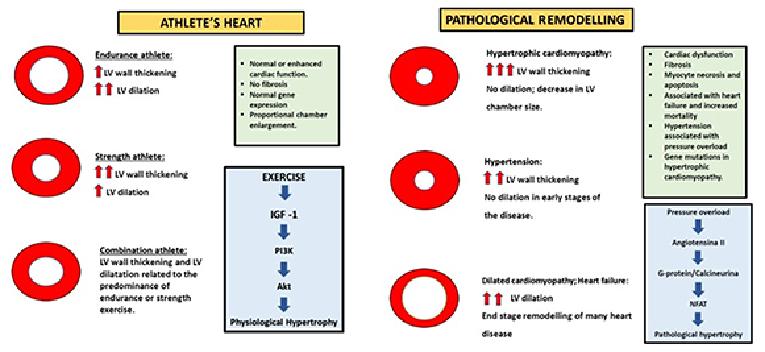










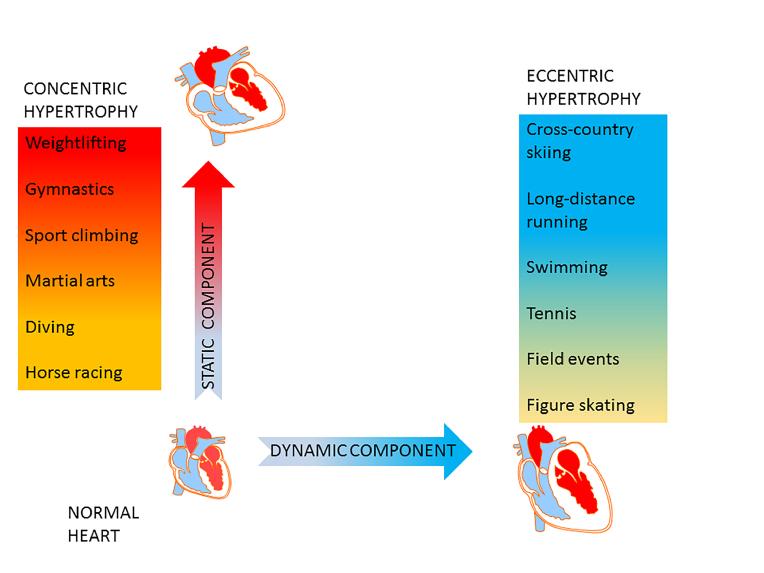

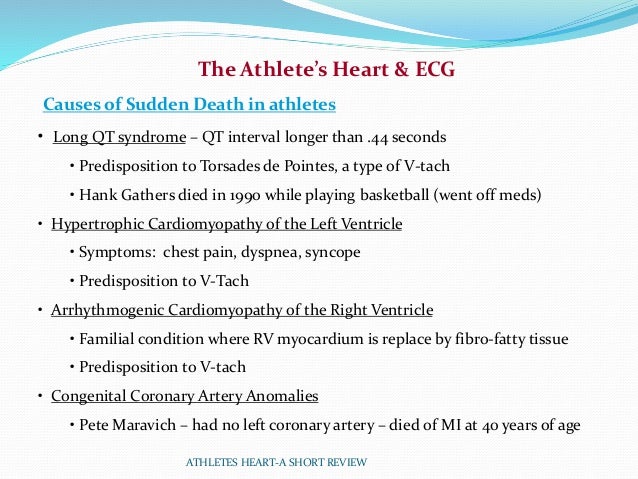









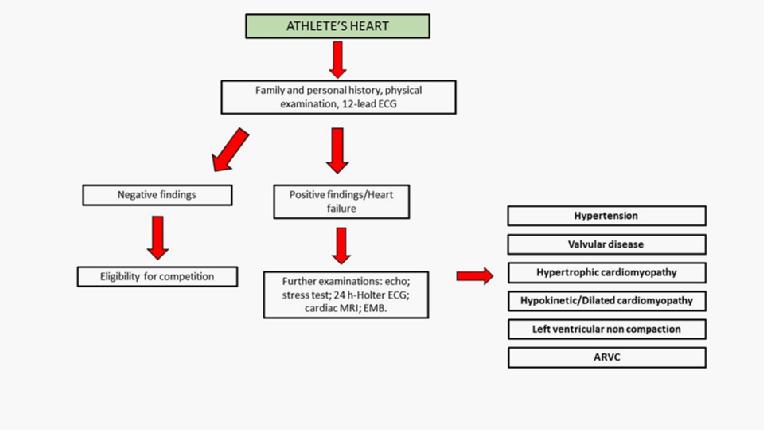
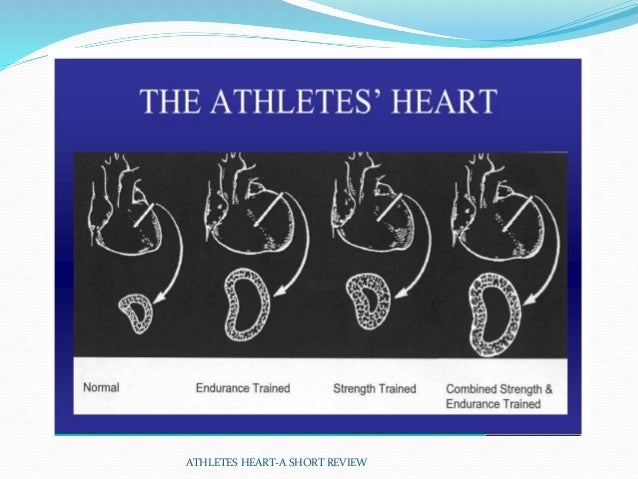



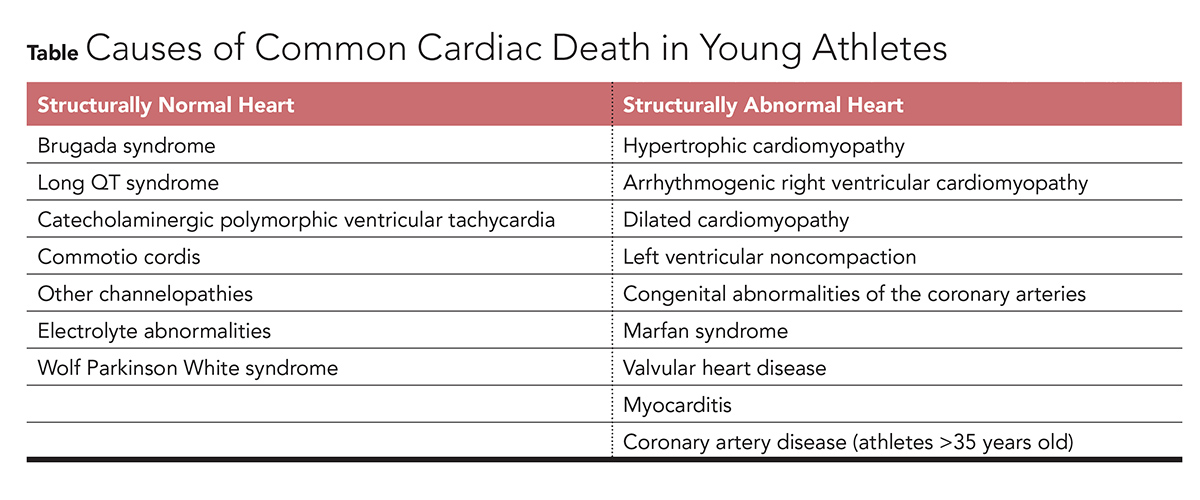



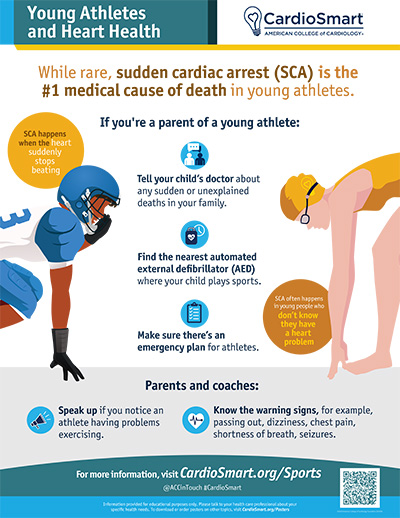

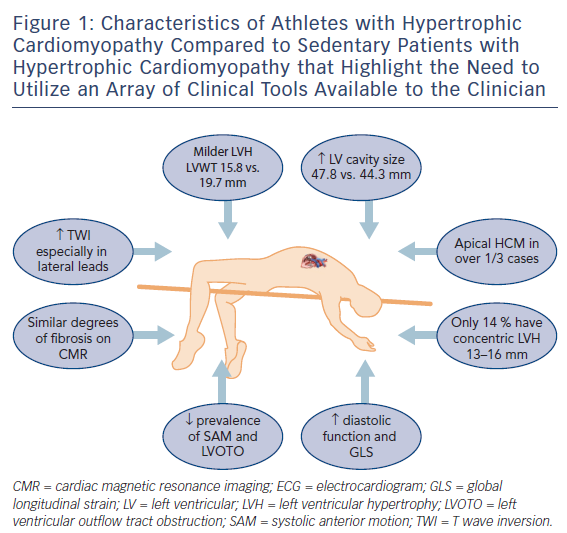
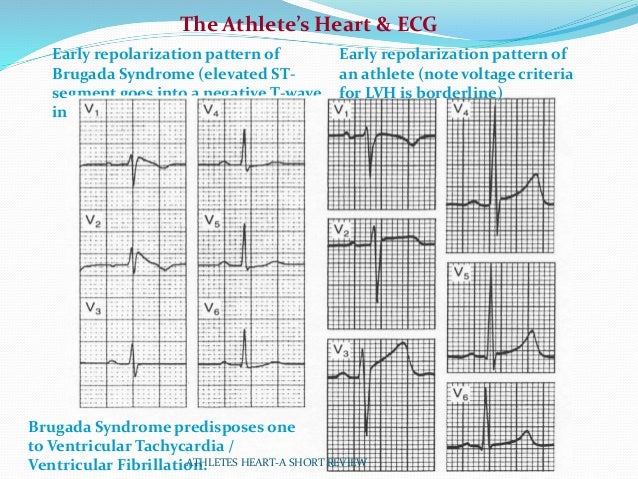



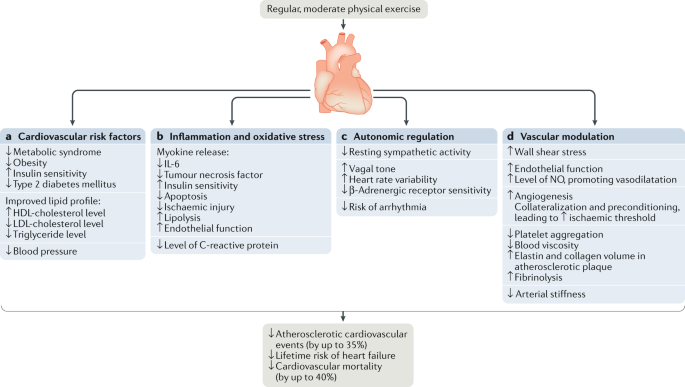


Posting Komentar untuk "Athletic Heart Syndrome Symptoms"